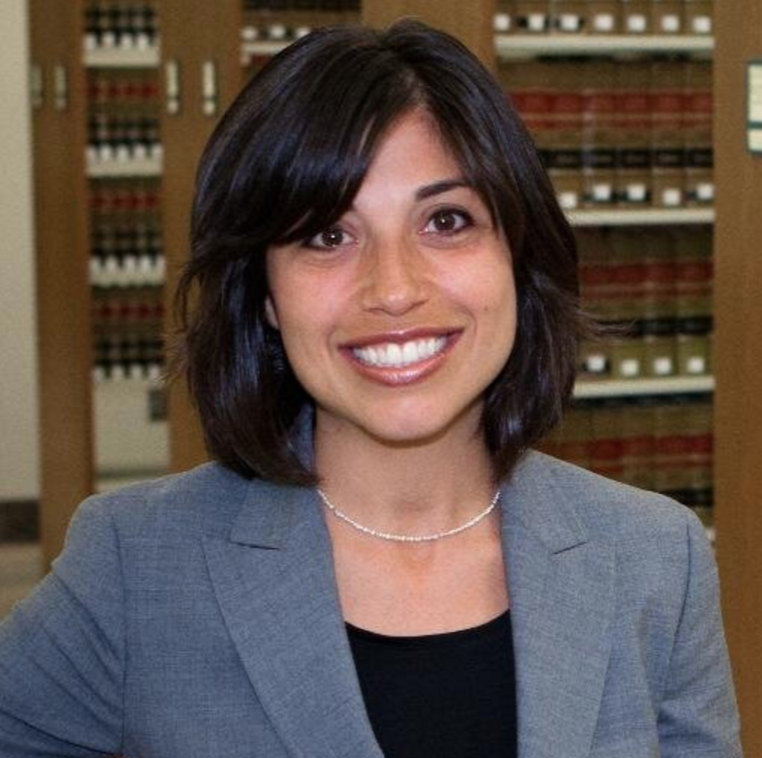 Lawyer, academic and author Mehrsa Baradaran immigrated to the US with her family in 1986 from Iran- joining the LDS church shortly after. She attended BYU, served a mission in Texas and went on to become a lawyer. She was working on Wall Street during the financial crisis of 2008 and entered academia with much to say about banking ethics and the morality of financial institutions. She joins me to talk about her unique life and to discuss financial systems and how they can be transformed for the least of us with more attention to the fundamentals of the Gospel of Jesus Christ.
Lawyer, academic and author Mehrsa Baradaran immigrated to the US with her family in 1986 from Iran- joining the LDS church shortly after. She attended BYU, served a mission in Texas and went on to become a lawyer. She was working on Wall Street during the financial crisis of 2008 and entered academia with much to say about banking ethics and the morality of financial institutions. She joins me to talk about her unique life and to discuss financial systems and how they can be transformed for the least of us with more attention to the fundamentals of the Gospel of Jesus Christ.
Mehrsa is the author of a powerful book: How the Other Half Banks: Exclusion, Exploitation and the Threat to Democracy which has been widely discussed in the US media.


Mehrsa – Thanks for taking the time to be interviewed. I enjoyed hearing much of what you talked about. Ididn’t care about how you didn’t get asked on dates at the Y much >:-(
Thanks!
Gina and Mehrsa, I really appreciated the thoughtful tone of this Podcast. I think this is precisely the kind of discussion that will make a difference as we all try to navigate the intersection of religion, politics, nationalism and frankly just everyday life. Very refreshing. Thanks again!
Dear Mehrsa and Gina (always the gifted interviewer)
I have been involved with stock and bond trading for many years and think I understand the dangers of “that world”. Did I hear Jaren Anderson refer to money as “a collective myth”? When you get your head around that idea you know with certainty that you don’t want to “live” in that myth alone. I respect money but religion, philosophy, and science is where your other foot needs to be firmly planted. Money is a vehicle–where do you want to go? Careful,now.
Mehrsa, you cautioned us that revolution can be an outcome if inequality isn’t addressed. Reading “Lolita In Tehran” (twice) brought home, shockingly, that desire wasn’t enough. Your revolution in Iran needed more story, perhaps? Your book gives us a story couched in the familiar (postal banking) to show us the way. “A Hero’s Journey”? That’s probably what we need to take. Nothing new under the sun! With great gratitude, Mary
Pure capitalism is not equal access to opportunities. That’s pure communism. Pure capitalism is businesses being allowed to do whatever they want unchecked and unfettered.